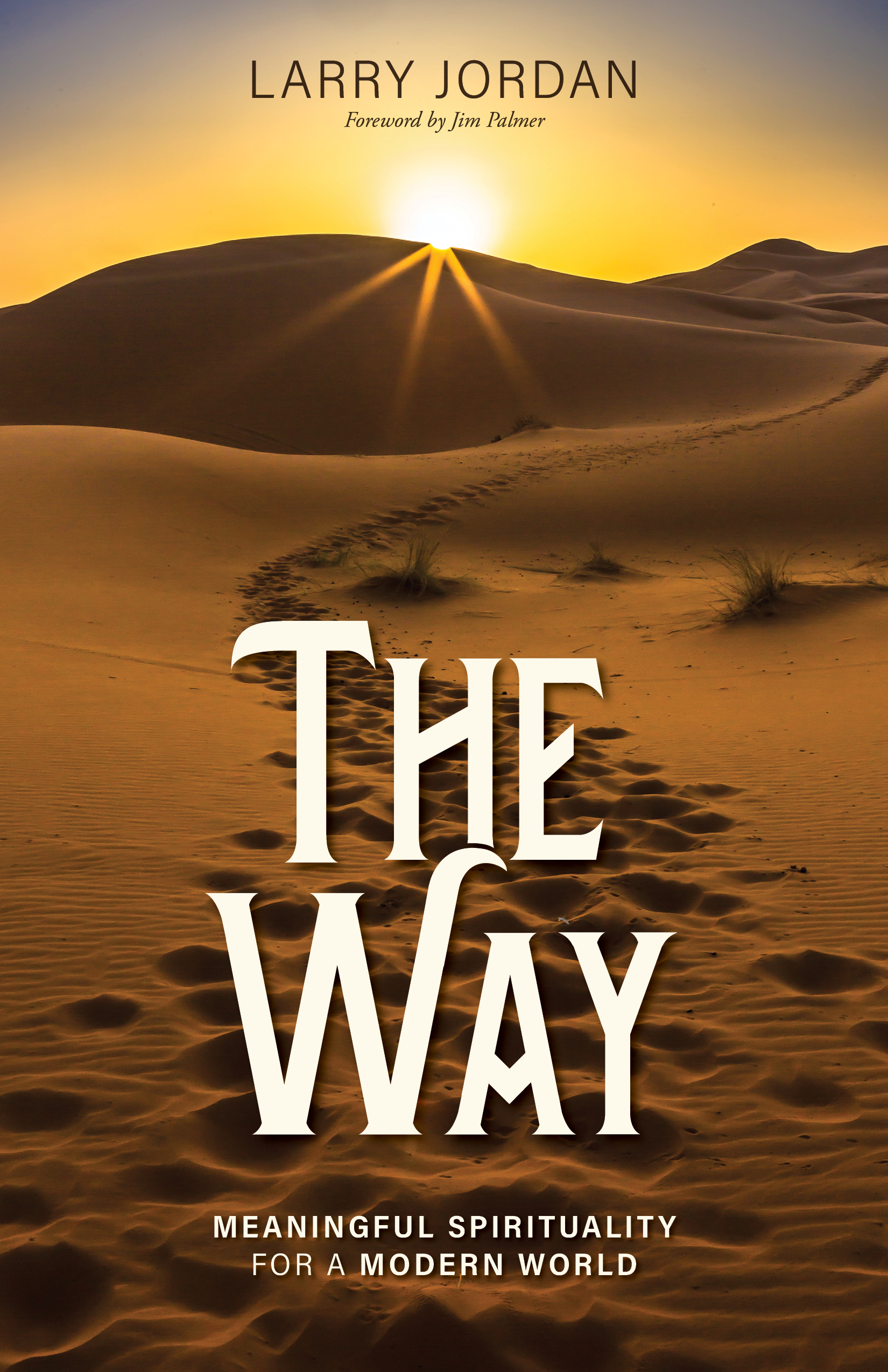Mystics and Theologians
The mystics always agree and the theologians never agree.
The mystics, even the monotheists who believe in a personal God, often experience God as a great Darkness or a great Light, a great Silence or a great Sound, a great Presence or a great Void. Most perceive unity, where God permeates everyone and everything.
We can know almost nothing about God; we can believe almost anything about our gods.
God gave us the Ten Commandments and the Great Commandment and not much else. He did not give us 600 pages of catechism or 2,000 pages of canon law. Those were human inventions.
When we invent a catechism or a code of canon law, we can confuse knowledge and belief and introduce opportunities for division among men or (worse) between God and men.
As Henri Nouwen says, “Slowly, I came to realize that the differences between Catholic and Protestant, Christian and Buddhist, religious and secular, were not the kind of differences I thought they were; that there was a deeper unity below the surface… To move from exclusive notions of Christian community to a more universal and inclusive vision of the human family of God is a difficult journey and requires a mature and confident faith.”
Basil Pennington found God among the Athonites in Greece and Bede Griffiths found God in an ashram in India and Thomas Merton found God among the Buddhists in Thailand.
If we place God and others at the center of our lives, then we are following Jesus. For much of the way, we are also following Buddha, Krishna, Lao Tzu, and Mohammed.
If we place our beliefs about God, not God himself, at the center of our lives, and if we serve others by arguing our beliefs, not meeting their needs, then who are we following?
Count me as one who wants to see more action and contemplation and less theology in religion.

